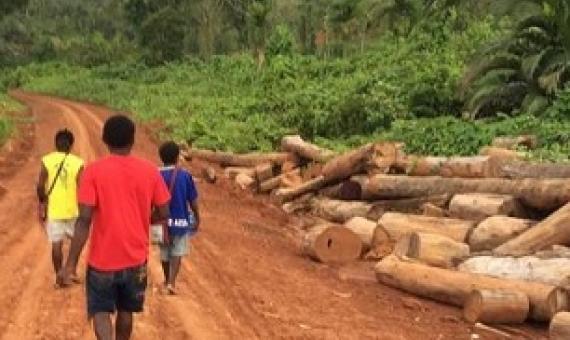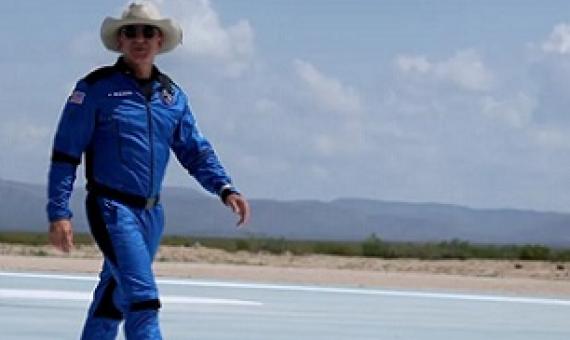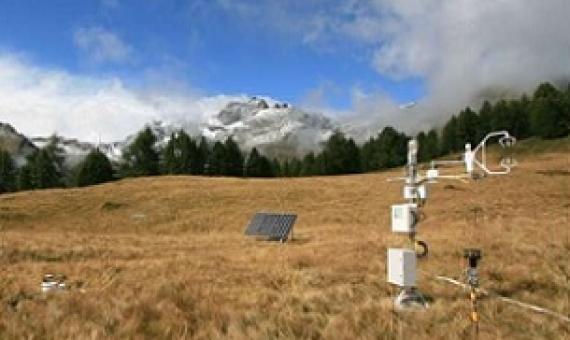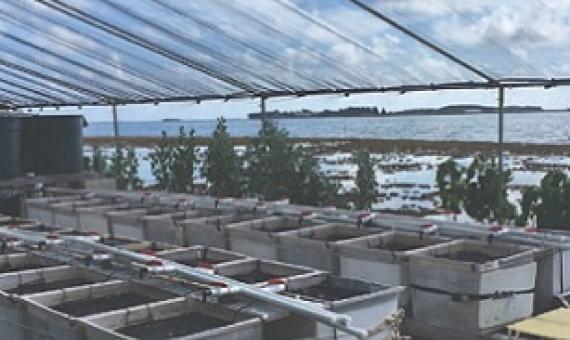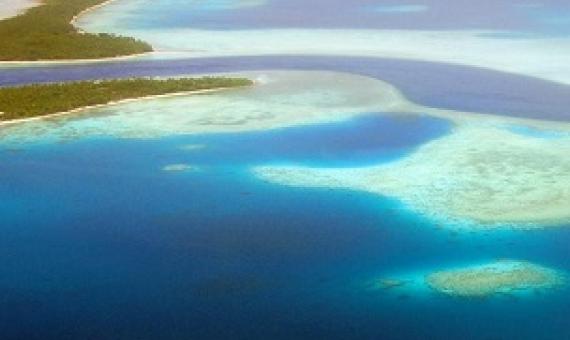In a new study published in the journal Communications, Earth & Environment, University of Montana researchers and colleagues explore how climate change could challenge efforts to protect biodiversity within the network of protected areas around the globe.
Tropical forests as key sites of the “Anthropocene”: Past and present perspectives
Tropical forests are on the front line of climate change and human sustainability challenges, being key environments in discussions of the “Anthropocene” and some of the most threatened land-based habitats on the face of the Earth. However, while it has been acknowledged that 21st-century anthropogenic alterations to tropical forests have the potential to set off major earth systems feedbacks on regional to global scales, there has been less discussion on how past human activities may have had similar impacts.
Scientists are warning politicians immersed in climate change policy not to forget that the world is also in the midst of a plastic waste crisis. They fear that so much energy is being expended on emissions policy that tackling plastic pollution will be sidelined.
Prime Minister Voreqe Bainimarama says Pacific Island biodiversity is under intense pressure from climate change and human-induced disturbances. In his capacity as Chair of the Pacific Islands Forum, Bainimarama delivered a bold statement at the UN Food Summit.
Papua New Guinea's prime minister James Marape is to raise climate change and the threat to his country's biodiversity at the UN...Marape said he hoped industrialised countries will help PNG to conserve its great biodiversity by mitigating the threat climate change poses.
Jeff Bezos has pledged $1 billion towards conservation projects with an emphasis on the Congo Basin, tropical Andes, and the tropical Pacific Ocean. The 57-year-old former Amazon CEO announced his plan on Monday to give $1 billion in donations beginning now through the year 20
Ecosystems on Earth's land surface support multiple functions and services that are critical for society...Climate and environmental changes, as well as anthropogenic impacts, are continuously threatening the provision of these functions.
New research led by scientists at the University of Hawai'i (UH) at Mānoa reveals that the species which dominate experimental coral reef communities shift due to climate change, but the total biodiversity does not decline under future ocean conditions of warming and acidification
Global decline in capacity of coral reefs to provide ecosystem services
Coral reefs worldwide are facing impacts from climate change, overfishing, habitat destruction, and pollution. The cumulative effect of these impacts on global capacity of coral reefs to provide ecosystem services is unknown. Here, we evaluate global changes in extent of coral reef habitat, coral reef fishery catches and effort, Indigenous consumption of coral reef fishes, and coral-reef-associated biodiversity. Global coverage of living coral has declined by half since the 1950s.
Some months ago, I was part of a special ocean and culture story-telling workshop on my home island of Erromango, in southern Vanuatu.

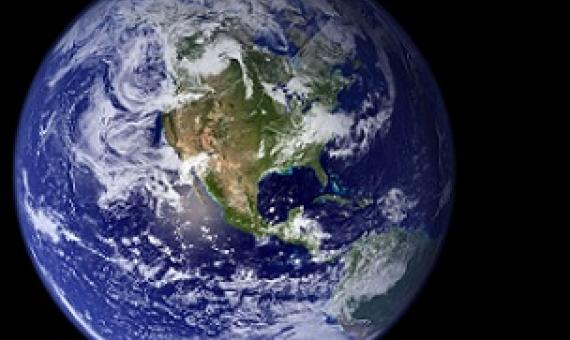
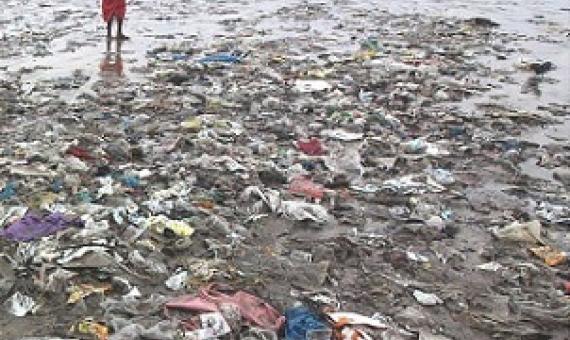
![PRIME MINISTER VOREQE BAINIMARAMA [SOURCE: FIJIAN GOVERNMENT] PRIME MINISTER VOREQE BAINIMARAMA [SOURCE: FIJIAN GOVERNMENT]](/sites/default/files/styles/news_teaser/public/FijiPM_FoodSUMMIT_UN_sm.jpg?itok=ZnRDzNbJ)
